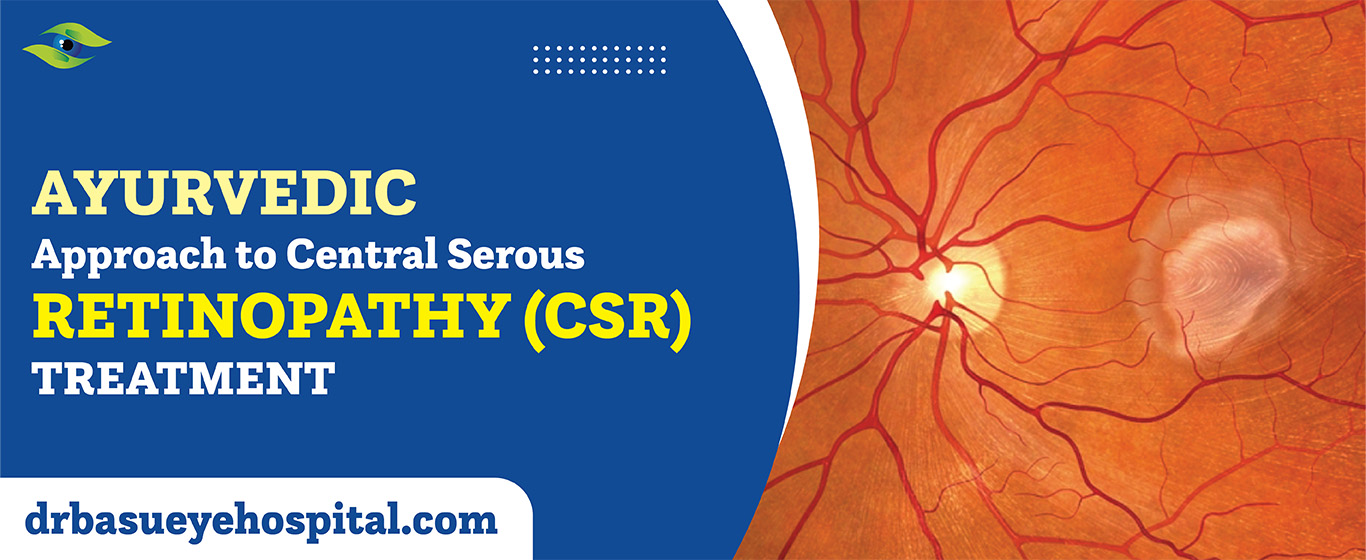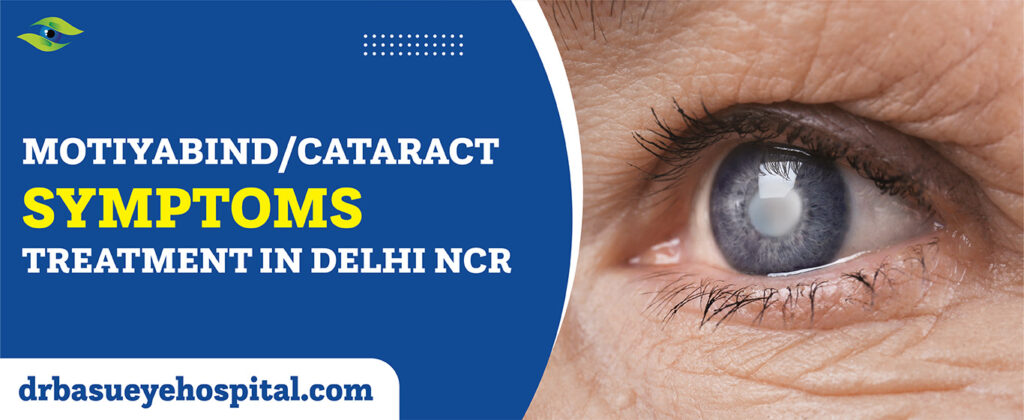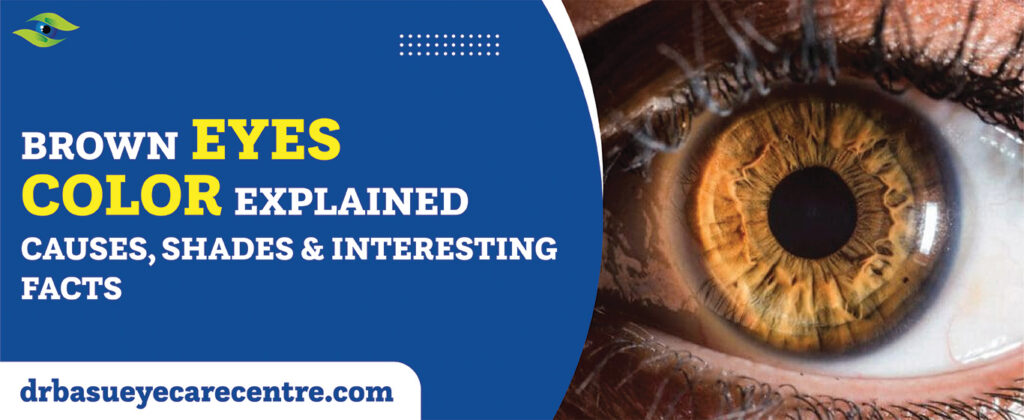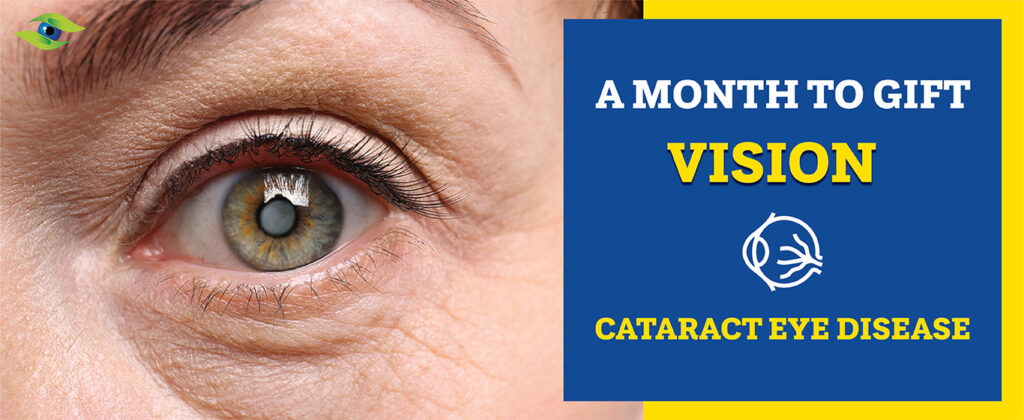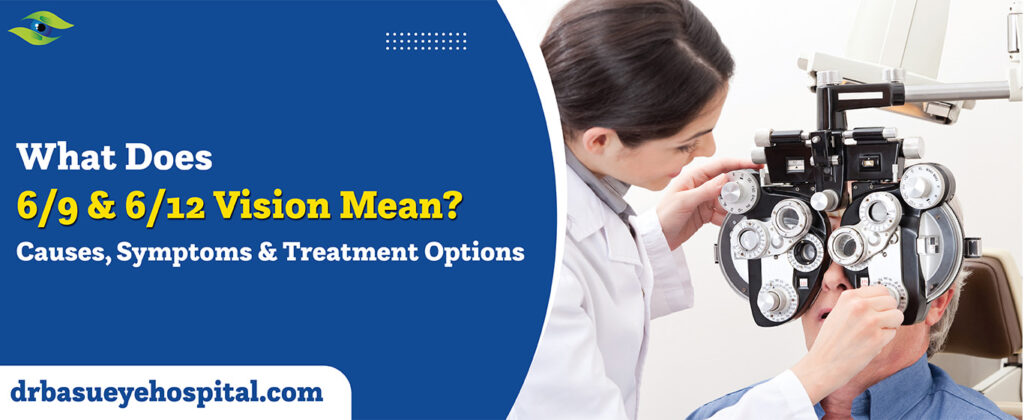Central Serous Retinopathy (CSR) is an eye disorder which can impact the macula and the retina’s central part which is responsible for sharp vision. CSR causes a buildup of fluid beneath the retina, leading to blurred vision and visual contortions known as metamorphopsia. Although contemporary medicine especially suggests a wait-and-see approach, followed by invasive treatments such as laser photocoagulation or photodynamic therapy, Ayurveda offers a holistic, natural alternative aimed at restoring balance and promoting long-term eye health.It is more of an acute condition triggered by stress or medications, and it generally affects middle-aged adults.
What Is Central Serous Retinopathy?
In the case of Central Serous Retinopathy (CSR), it is categorised as part of the Pachychoroid spectrum of eye disorders, where the choroid layer of the eye becomes thickened and congested, thereby increasing pressure on the retinal capillaries. This stress leads to the leakage of fluid from the Retinal Pigment Epithelium (RPE), causing the neurosensory retina to detach and resulting in visual impairment.
Central Serous Retinopathy Causes & Symptoms
The Central Serous Retinopathy Causes remains unclear, but it mainly occurs due to stress, high corticosteroid use, and following an unhealthy lifestyle. These are considered necessary contributing factors which cause this retinal disease.Below are some of the symptoms observed in the patients suffering from this disorder.
- Blurred Vision (Aaviladarshana): Difficulty seeing objects clearly, often exacerbated in bright light or after prolonged visual tasks.
- Metamorphopsia (Vakram rijuvapimanyate): Visual distortions where straight lines appear wavy or bent.
- Central Scotoma: A dark or blind spot in the centre of the visual field. Typically affects one eye initially, but can be bilateral in rare cases.
Ayurvedic Perspective on CSR
In Ayurveda, eye health is closely connected to the Vata & Pitta doshas. Symptoms such as blurred vision and metamorphopsia are seen as signs of Vata Dosha imbalance affecting the Dristi Mandala (the inner eye region). With the help of Ayurvedic treatment, one can restore dosha balance and prevent the need for invasive procedures.
Ayurvedic Treatment Modalities for CSR
1. Oral Herbal Medications
- Punarnavadi Kashaya: Checks the inflammatory aspect and its diuretic properties, which helps reduce oedema and fluid accumulation.
- Chandraprabha Vati: A classical formulation that supports the elimination of toxins and balances Kapha and Pitta doshas.
- Tiktaka Ghrita: A medicated ghee formulation that helps pacify Vata and Pitta, enhancing ocular nourishment and overall health.
2. External Therapies
- Shiropichu (Oil Application on Bregma): In this, the application of Brahmi taila helps calm the nervous system and reduce Vata imbalance, promoting ocular health.
- Anjana Karma (Collyrium Therapy): Application of medicated collyrium, such as Elaneer Kuzhambu, helps in healing and improving vision by targeting Pitta imbalance.
3. Detoxification (Panchakarma)
- Virechana (Purgation Therapy): A one-time procedure using Gandharvahastadi taila helps cleanse the digestive system and balance the doshas, reducing systemic inflammation that may affect the eyes.
4. Changing Diet and Lifestyle Modifications
Diet plays a significant role in the Ayurvedic management of CSR. Foods that are mostly spicy, sour, oily, fermented, and refrigerated foods, can aggravate Vata and Pitta and should be strictly avoided. Instead, the focus is on easily digestible meals, such as rice gruel, green gram, and vegetables like carrots, beets, and spinach. The patient is also encouraged to avoid mental stress, late-night habits, exposure to bright lights, and excessive use of electronic gadgets in dark environments.
Central Serous Retinopathy Treatment Benefits
There are various benefits for Central Serous Retinopathy Treatment in Ayurveda
Natural and Holistic Approach: Unlike conventional therapies, Ayurvedic treatment aims at correcting the root cause rather than just relieving symptoms.
No Permanent Retinal Damage: Ayurvedic treatments avoid invasive procedures like laser therapy, thus preventing potential damage to the sensitive retinal tissues.
- Improved Visual Acuity: Regular herbal treatment combined with therapies like Shiropichu and Anjana Karma helps restore normal vision.
- Sustainable Long-Term Results: With dietary guidance and lifestyle changes, the recurrence of CSR is minimised, promoting long-term ocular health.
Central Serous Retinopathy Recovery
Since stress is a major contributor to Central Serous Retinopathy, Ayurveda emphasizes mental and emotional balance as part of the treatment strategy. You can opt for methods like meditation, yoga, and relaxation exercises, which are recommended to reduce stress and maintain healthy dosha levels, especially Vata and Pitta, thereby improving overall eye health. In this way you can expect Central Serous Retinopathy recovery in a much faster way.
Conclusion
Central Serous Retinopathy can severely impact the visuals that affect our daily life and productivity. Here, Ayurvedic treatment proves to be a safer, more effective way to address underlying dosha imbalances. Our expert Ayurvedic eye doctor can help you undergo a combined regimen of herbal remedies, which may include external therapies, detoxification, and lifestyle modifications. Be self-assured that with the help of Ayurveda you can not only restore visual acuity but also strengthen overall eye health, preventing future damage to the eyes.
Therefore, it is advised that if you are experiencing blurred vision, metamorphopsia, or other symptoms of CSR, early consultation with an experienced Ayurvedic practitioner can provide a natural and effective treatment solution, avoiding the need for invasive medical interventions.

